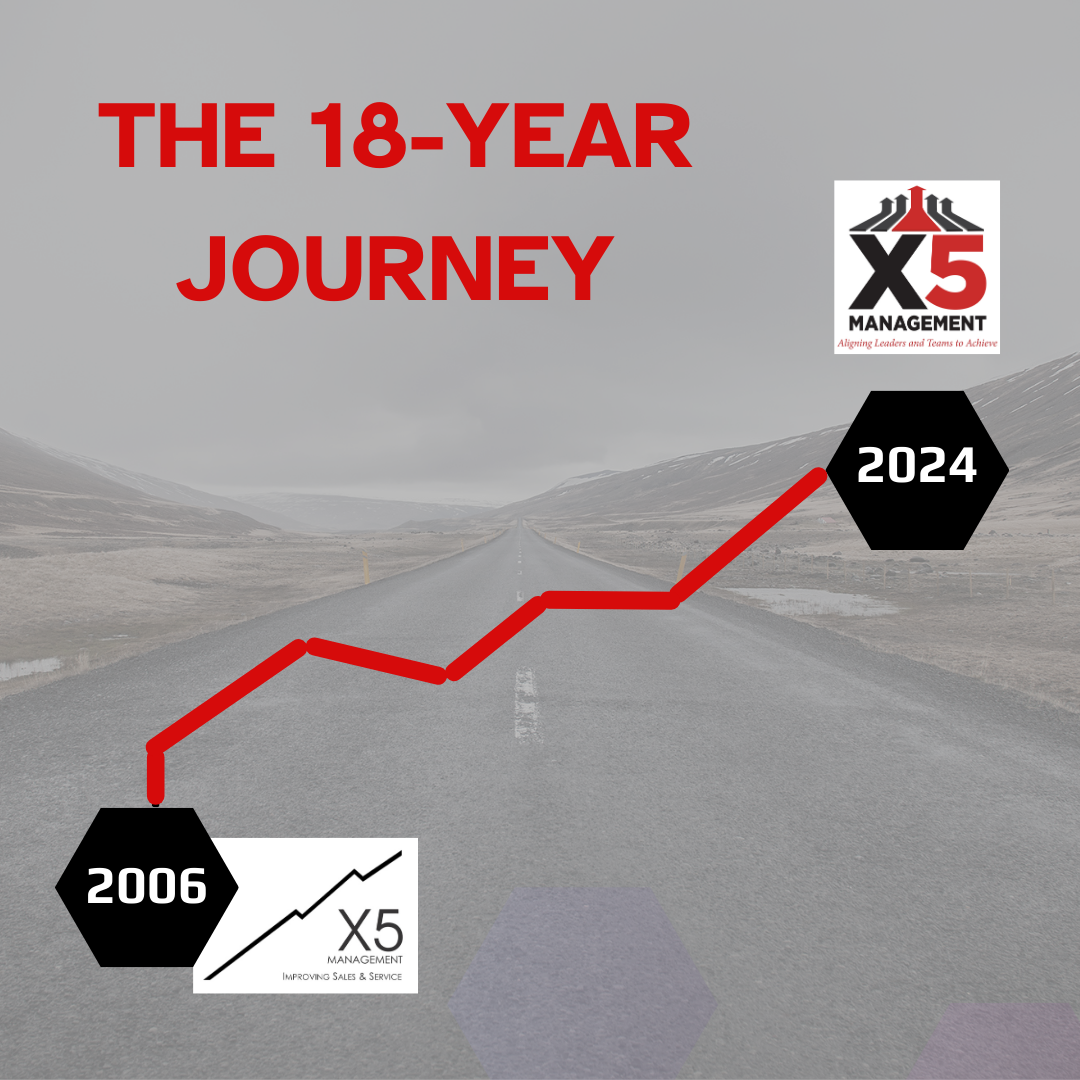When we hear the word “conflict”, 90% of people associate it with something negative. What if you learned conflict is a good thing?
In 2019, John Wiley and Sons, Inc. conducted a “Workplace Conflict” survey asking 12,000 business people ranging from executive to managers to individual contributors about their experience with conflict in today’s modern workplace.
- 70% of manager level and above said conflict negatively impacts the efficiency in their department.
- This group also said they spend over 3 hours per week dealing with conflict.
- 40% of respondents said they have left a job in the past because of unhealthy conflict.
- 69% said their job satisfaction would improve if their coworkers handled conflict more effectively.
Of course, we all handle conflict differently, depending on our given personality styles, tendencies, life experience and other factors such as roles and responsibilities. The key is to look at conflict productively, rather than destructively. This, of course, is a learned response and the good new is, we can learn it! The reality is, we choose our reactions to conflict.
Harness the power of conflict by transforming destructive behavior into productive responses.
Everything DiSC® Productive Conflict is a personalized learning experience that increases self-awareness around conflict behaviours.
The Everything DiSC® Productive Conflict Profile focuses on:
- Deepening understanding of self and others in conflict
- Understanding and recognizing destructive behaviours
- Exploring techniques to redirect destructive behaviours into more productive responses
Rather than focus on a step-by-step process for conflict resolution, Everything DiSC® Productive Conflict provides you and your team members with techniques to curb destructive behaviours and effectively respond to conflict situations. The program features an exploration of DiSC® in a conflict context, provides an opportunity for you to explore your destructive conflict responses, and offers you a method for making more productive choices in your response to conflict.
We must understand ourselves, before we can understand others. That is why this personalized profile is so effective, and statistically over 85% accurate. To be truly effective, we need to put biases and reactionary behaviours aside, and learn to identify what drains us when dealing with conflict.
How You See Yourself
Fast paced and outspoken
You may be insensitive and impatient with minimal flexibility to see someone else’s point of view. To be more productive, you can be straightforward and back this up with your opinion, acknowledge when an issue is tough, and be willing to have an objective debate.
Accepting and warm
You may become overly emotional and interrupt others while being impulsive and gloss over tension. To be more productive, communicate empathy while encouraging open dialogue and providing reassurances.
Cautious and reflective
You may withdraw and give in to please others therefore ignoring problems letting issues simmer to avoid tension. To be more productive, look out for people’s feelings and communicate tactfully. Listen to others to find a compromise.
Questioning and skeptical
You may use defensive and passive-aggressive tactics and become overly critical, therefore isolating yourself and overanalyzing a situation. To be more productive, find the root cause of the problem to sort out the issues focusing on facts.
 Is this Conflict Resolution?
Is this Conflict Resolution?
The purpose of learning how to manage conflict productively is to improve self-awareness around conflict behaviours, not resolve specific conflict situations. This is not conflict resolution.
There are reasons conflict arises when we interact with others, such as:
- A difference of opinions involving strong emotions
- A trigger different behaviour, positive and negative
- Brief, explosive disputes to subtle, long-lasting resentments
- Relationships that can be uncomfortable, and this is inevitable
Automatic Thoughts
When we are faced with conflict, we all have automatic thoughts, and not managing these will likely lead to a destructive response. Stepping back from our automatic thought and looking at the conflict with less emotion and reactiveness can make our response healthier (although not all automatic thoughts are negative. We just need to recognize when an automatic thought response may be unhealthy.
For example, have you ever been interrupted? When you have, it can be irritating, and you may even consider the other person rude and get agitated. Before your automatic thought is that this person is rude, could they simply be excited and eager to participate in the conversation? Would it not be more productive to give the other person the benefit of the doubt, and therefore the conflict (being interrupted) is productive, not destructive.
Why do I do This?
The following is a list of common behaviors that lead to conflict. Only you can surmise why you might find yourself behind them.
- Arguing
- Belittling
- Defensive
- Caving In
- Dismissing Opinions
- Drama
- Exaggerating
- Overpowering
- Passive-Aggressive
- Revengeful
- Finger-Pointing
- Gossiping
- Withdrawing
- Sarcastic
The skill of asking questions is very useful. When we ask questions, it forces us to listen. Clearly, we don’t want to ask an irrelevant question. Asking questions can also clarify an assumption, rather than simply making an assumption and therefore creating friction. We should challenge ourselves to speak up, ask a question rather than making a silent assumption that does not resolve an issue, whether real or perceived.
It takes practice, and reflection. Think of a recent situation where destructive conflict occurred and ask yourself what you might have said or done differently. Reflect often, and eventually you can reframe your thoughts. But do not withdraw instead! Changing behavior is usually something that takes a lot of time, effort, and practice.


 Is this Conflict Resolution?
Is this Conflict Resolution?

